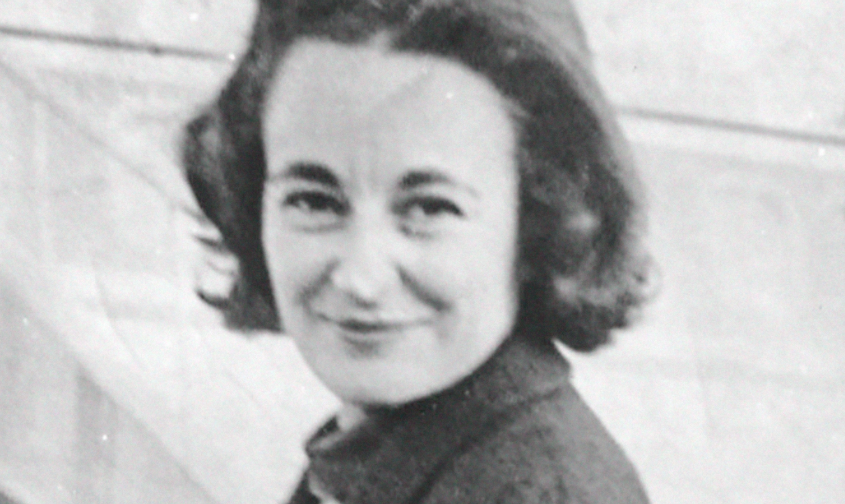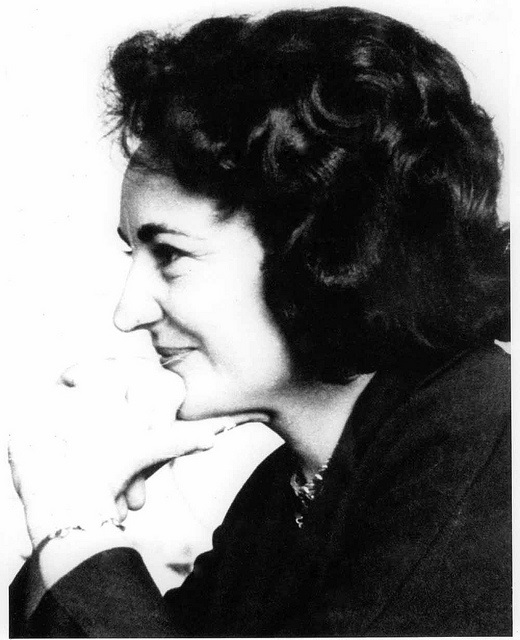Ruth First was an anti-apartheid activist, journalist, and academic born to Jewish-Latvian parents who immigrated to Johannesburg, South Africa in the early 1900s. There they became founding members of the Communist Party of South Africa, to which First eventually belonged as well.
First was the first person in her family to attend university, and helped to found the Federation of Progressive Students, where she met Nelson Mandela and Eduardo Mondlane (leader of the freedom movement for Mozambique). She graduated from the University of Witwatersrand in 1946, and worked in turn as a research assistant and as the editor-in-chief of a left-wing newspaper, often producing upwards of 15 stories a week, but which was subsequently banned by the state, as well as continuing to move up the ranks in the Communist Party.
She also wrote South West Africa, one of the most important histories of early Namibia, and helped to organize the first broadcasts of Radio Freedom, a guerrilla station and the oldest liberation radio station in Africa, focused on the anti-apartheid movement in South Africa.
After being persecuted in the Treason Trial along with 156 other anti-apartheid activists, and spending 117 days in prison in isolation, she was released without charge and exiled to London. Throughout her exile she worked at several universities, including the University of Manchester, the University of Durham, and universities in Dar es Salaam and Maputo, Mozambique. She also wrote a memoir about her time in prison, titled 117 Days. It was in Mozambique that she accepted a position as professor and director of research at the Center of African Studies at the university of Eduardo Mondlabe, and shortly after was assassinated by a parcel bomb sent to the university by the South African government. The man who ordered her death and the man who built the bomb were later granted amnesty in the Truth and Reconciliation Hearings.
First had three daughters, and they have upheld her legacy, with one (Gillian) writing a memoir about growing up with activist parents, another (Shawn) writing a screenplay for a film that was loosely based on her parents’ lives, and the third (Robyn) portraying First herself in a film that was written by the Shawn.
There is much more I could have included here (for example, she was involved in the research and editing of Mandela’s No Easy Walk to Freedom)—First had a tremendously busy career with a high output—but suffice it to say that she gave everything she had to a cause she believed in, and will be remembered for it.

